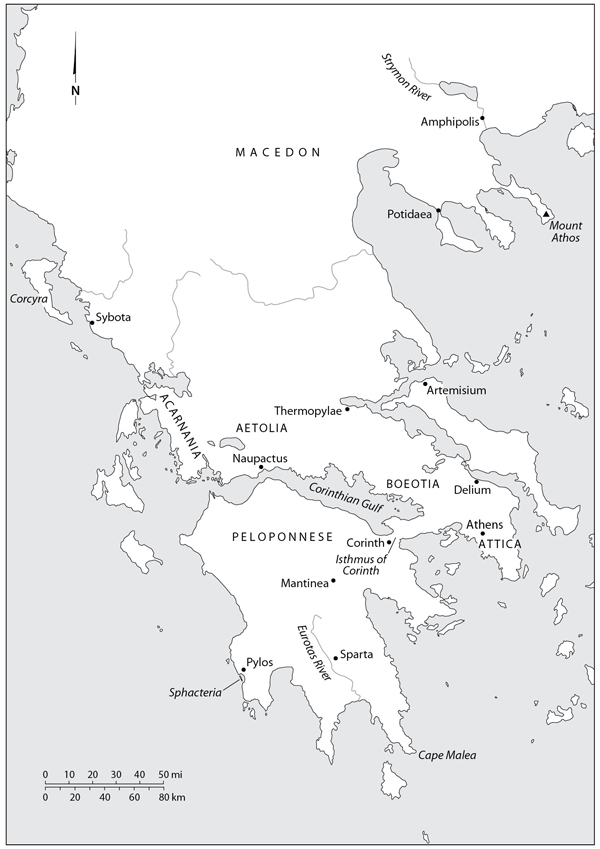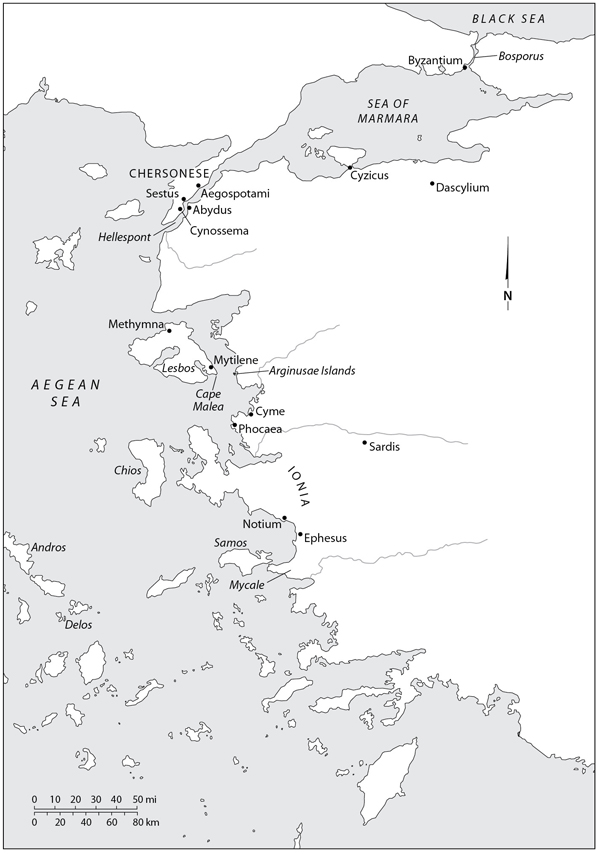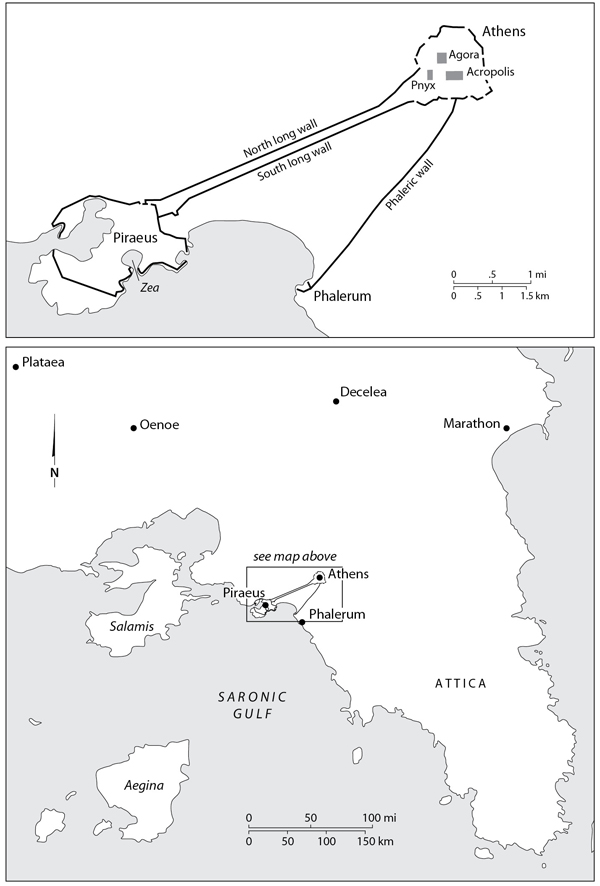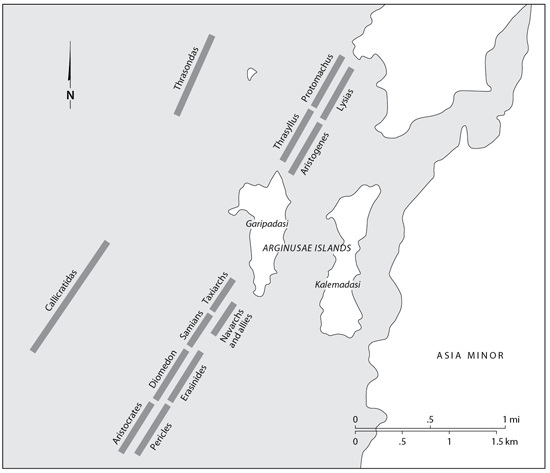Debra Hamel - The Battle of Arginusae: Victory at Sea and Its Tragic Aftermath in the Final Years of the Peloponnesian War
Here you can read online Debra Hamel - The Battle of Arginusae: Victory at Sea and Its Tragic Aftermath in the Final Years of the Peloponnesian War full text of the book (entire story) in english for free. Download pdf and epub, get meaning, cover and reviews about this ebook. year: 2015, publisher: Johns Hopkins University Press, genre: History. Description of the work, (preface) as well as reviews are available. Best literature library LitArk.com created for fans of good reading and offers a wide selection of genres:
Romance novel
Science fiction
Adventure
Detective
Science
History
Home and family
Prose
Art
Politics
Computer
Non-fiction
Religion
Business
Children
Humor
Choose a favorite category and find really read worthwhile books. Enjoy immersion in the world of imagination, feel the emotions of the characters or learn something new for yourself, make an fascinating discovery.

- Book:The Battle of Arginusae: Victory at Sea and Its Tragic Aftermath in the Final Years of the Peloponnesian War
- Author:
- Publisher:Johns Hopkins University Press
- Genre:
- Year:2015
- Rating:5 / 5
- Favourites:Add to favourites
- Your mark:
The Battle of Arginusae: Victory at Sea and Its Tragic Aftermath in the Final Years of the Peloponnesian War: summary, description and annotation
We offer to read an annotation, description, summary or preface (depends on what the author of the book "The Battle of Arginusae: Victory at Sea and Its Tragic Aftermath in the Final Years of the Peloponnesian War" wrote himself). If you haven't found the necessary information about the book — write in the comments, we will try to find it.
A pivotal skirmish involving nearly three hundred Athenian and Spartan ships toward the end of the Peloponnesian War, the Battle of Arginusae was at the time the largest naval battle ever fought between warring Greeks. It was a crucial win for the Athenians, since losing the battle would have led to their total defeat by Sparta and, perhaps, the slaughter and enslavement of their entire population. Paradoxically, the win at Arginusae resulted in one of the worst disasters to befall the Athenians during the brutal twenty-seven-year war.
Due to a combination of factorsincompetent leadership, the weariness of the sailors, a sudden stormthe commanders on the scene failed to rescue the crews of twenty-five Athenian ships that had been disabled during the battle. Thousands of men, many of them injured, were left clinging to the wreckage of their ships awaiting help that never came. When the Athenians back home heard what had happened, they deposed the eight generals who had been in command during the battle. Two of these leaders went into exile; the six who returned to Athens were tried and eventually executed.
The Battle of Arginusae describes the violent battle and its horrible aftermath. Debra Hamel introduces readers to Athens and Sparta, the two thriving superpowers of the fifth century B.C. She provides a summary of the events that caused the long war and discusses the tactical intricacies of Greek naval warfare. Recreating the claustrophobic, unhygienic conditions in which the ships crews operated, Hamel unfolds the process that turned this naval victory into one of the most infamous chapters in the city-states history. Aimed at classics students and general readers, the book also provides an in-depth examination of the fraught relationship between Athens military commanders and its vaunted sovereign democracy.
Debra Hamel: author's other books
Who wrote The Battle of Arginusae: Victory at Sea and Its Tragic Aftermath in the Final Years of the Peloponnesian War? Find out the surname, the name of the author of the book and a list of all author's works by series.











